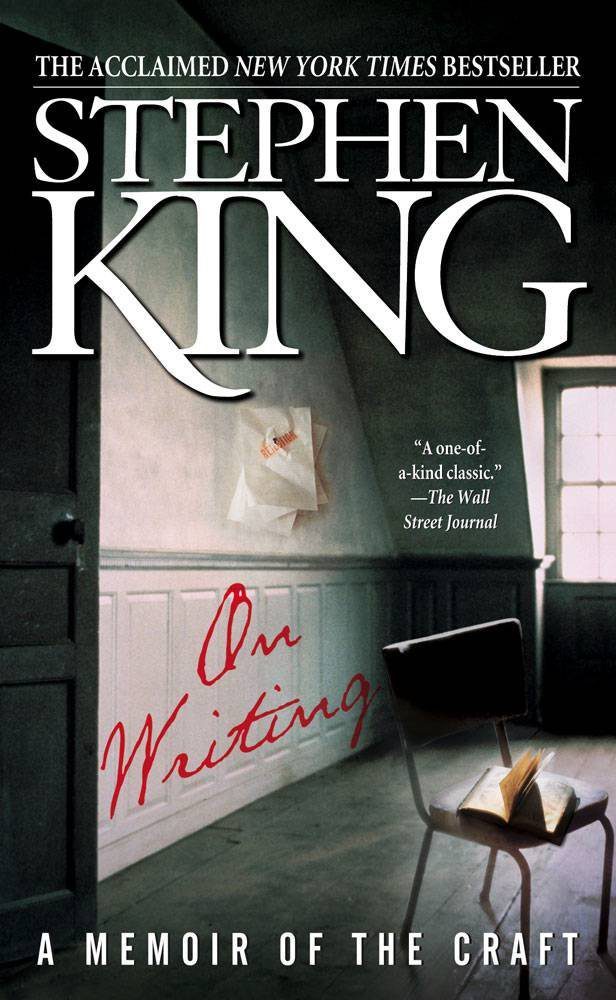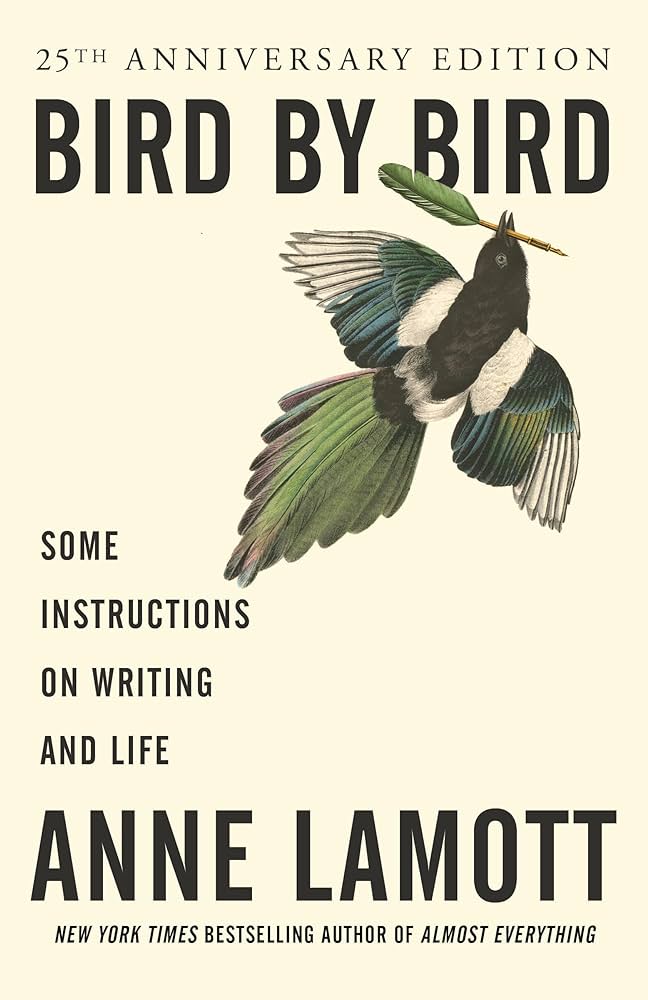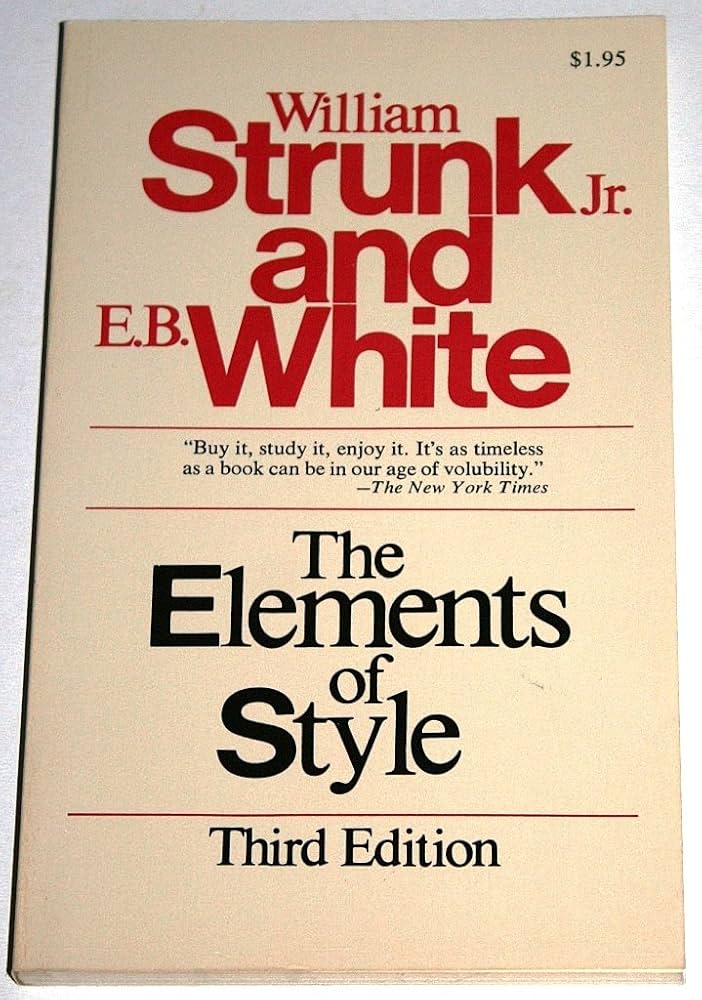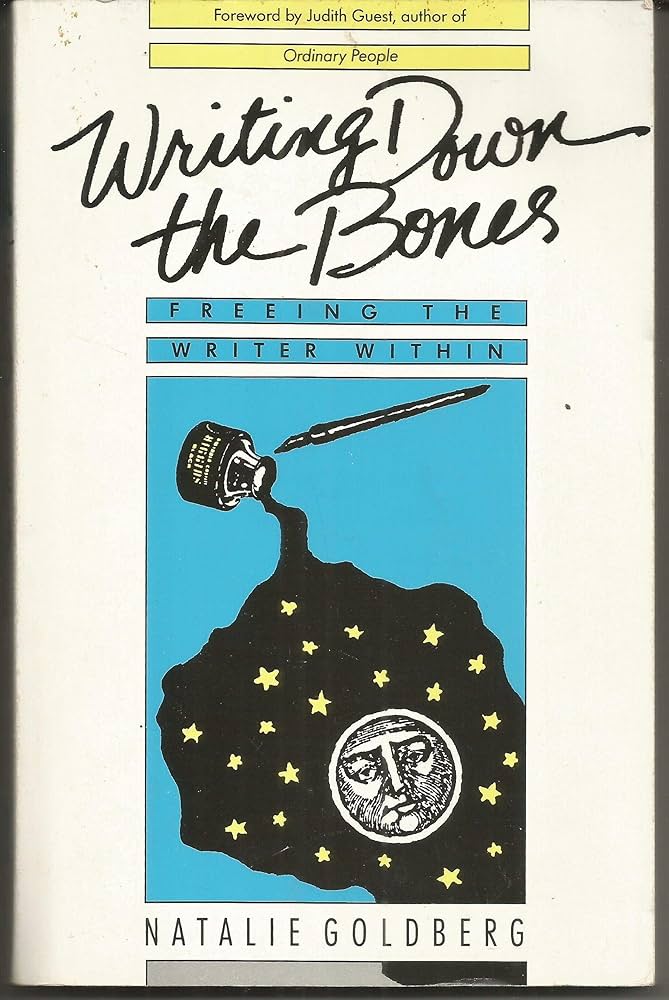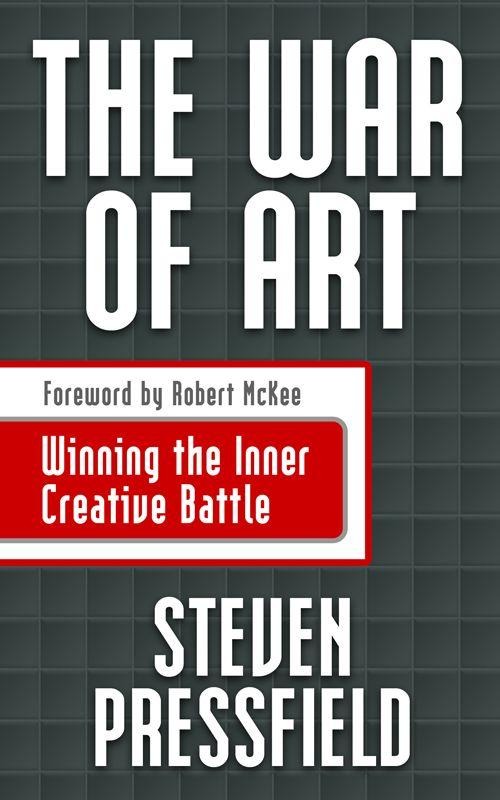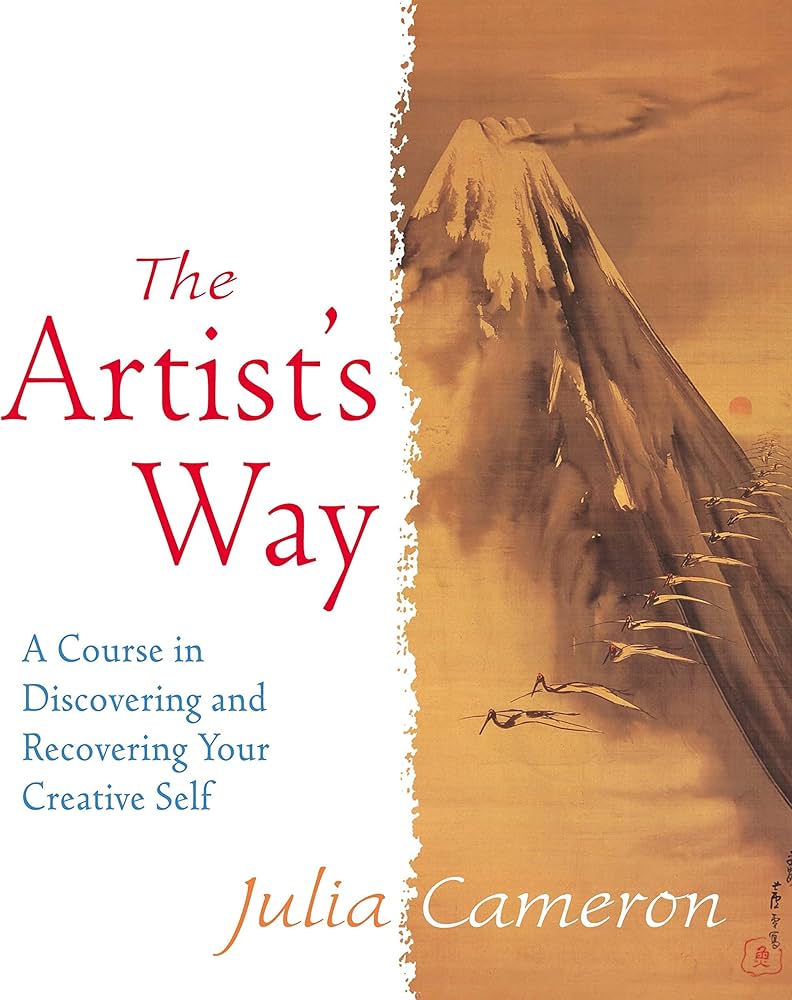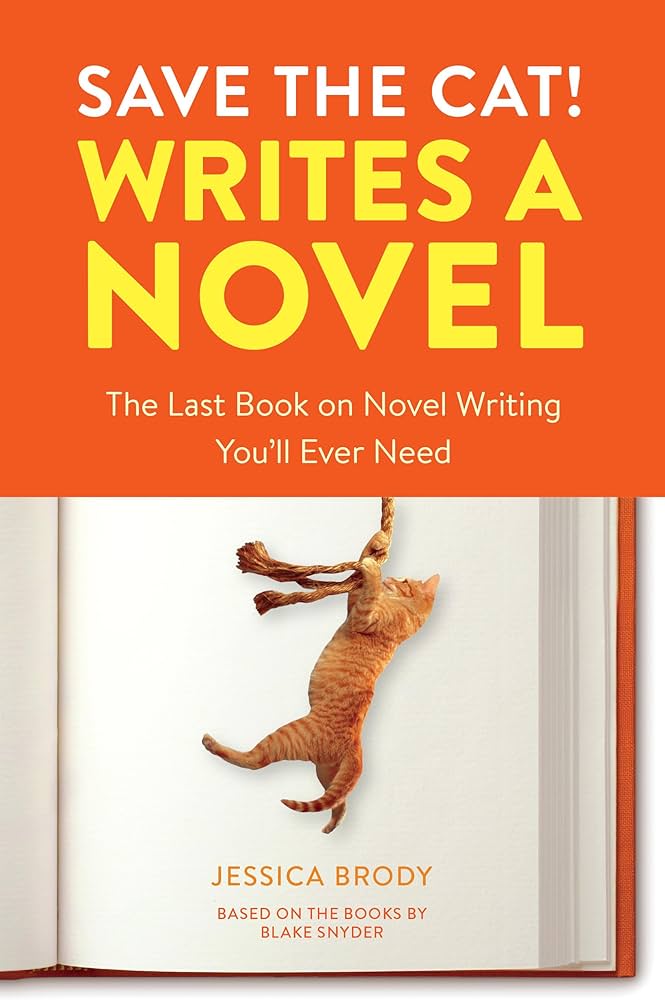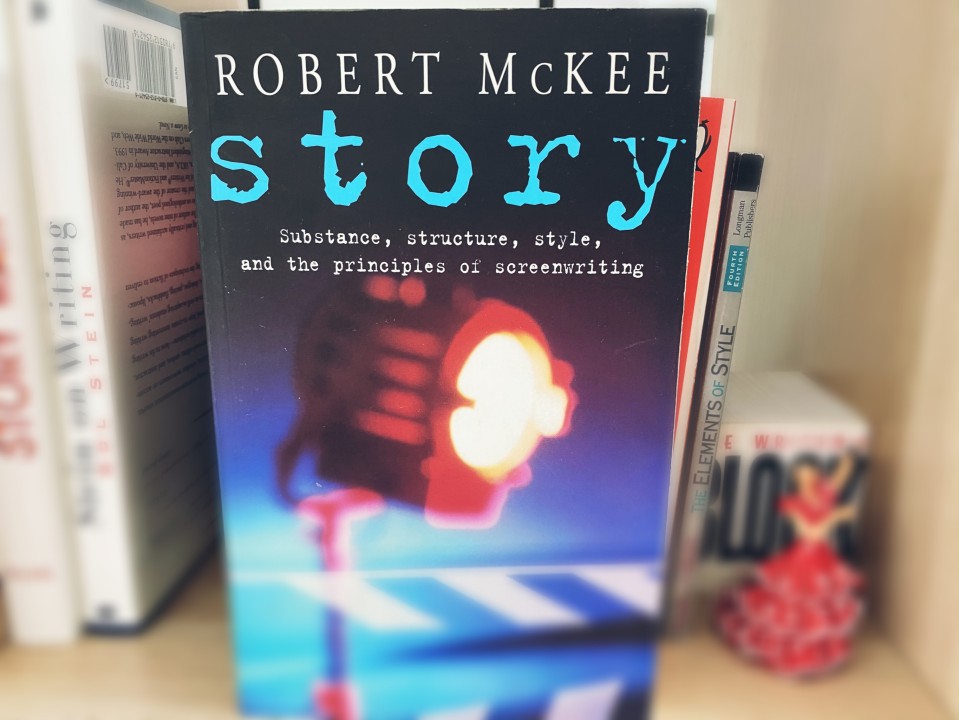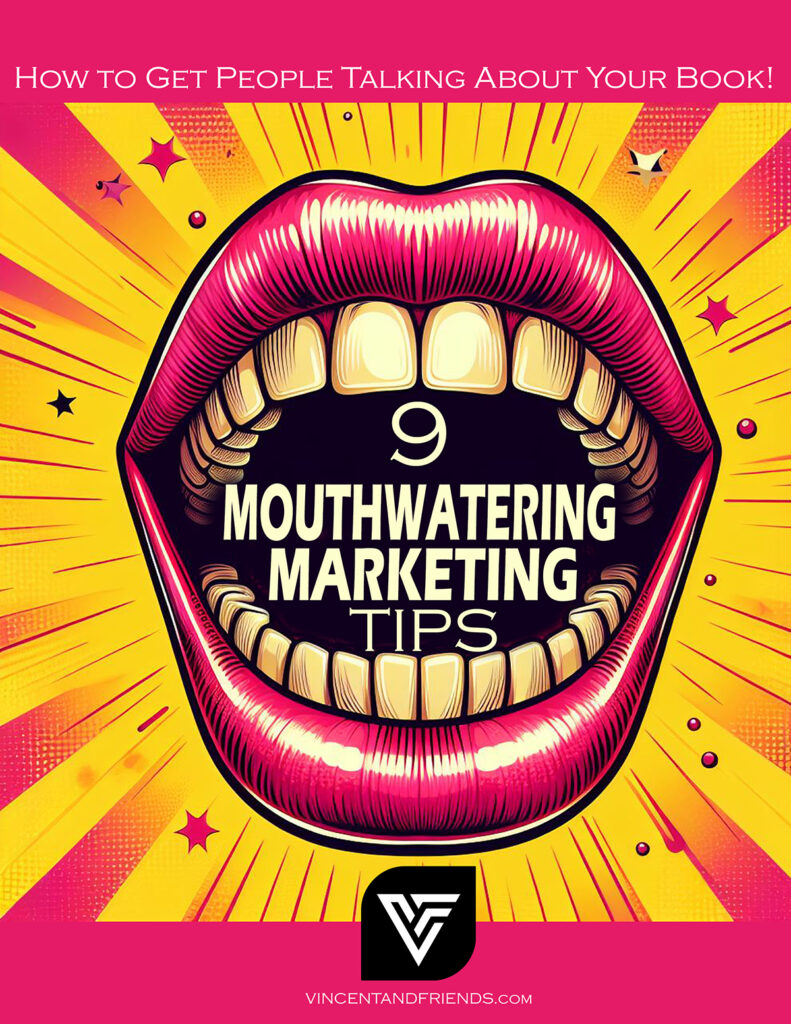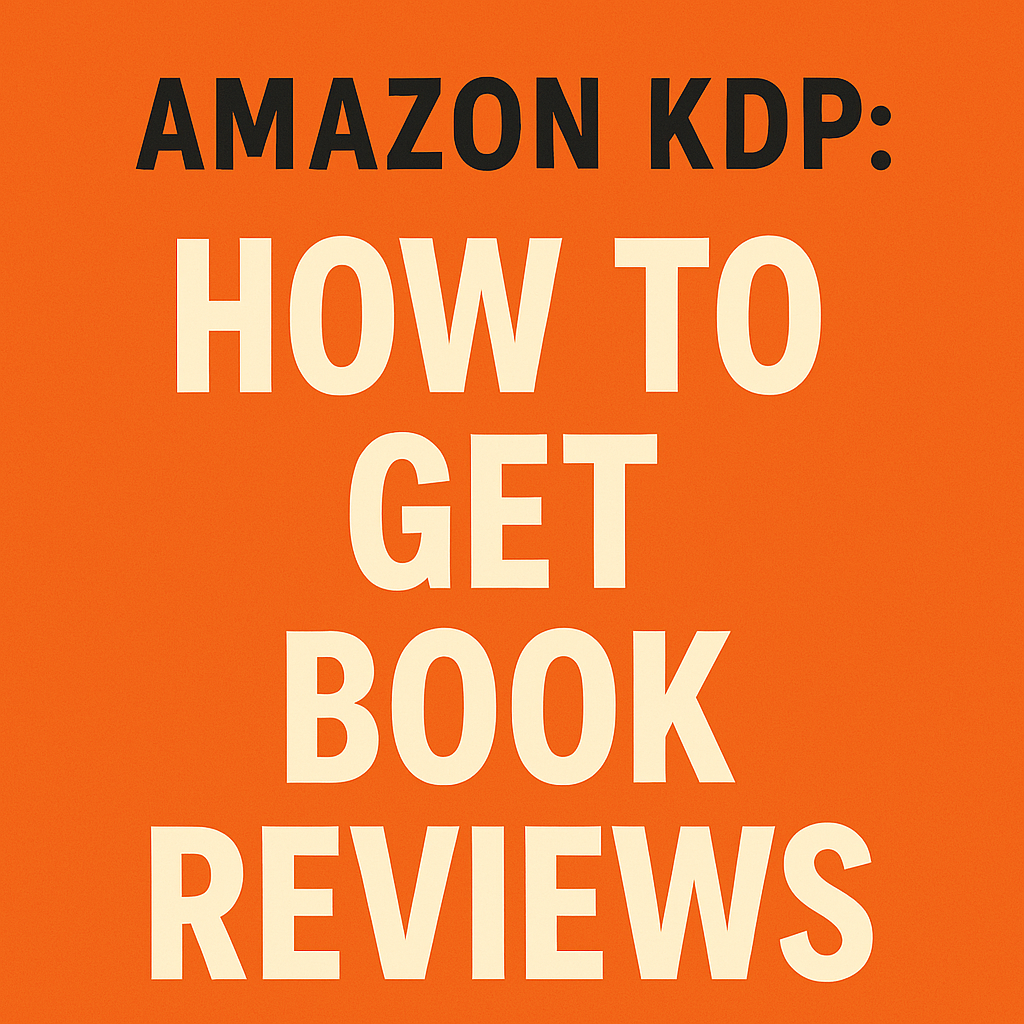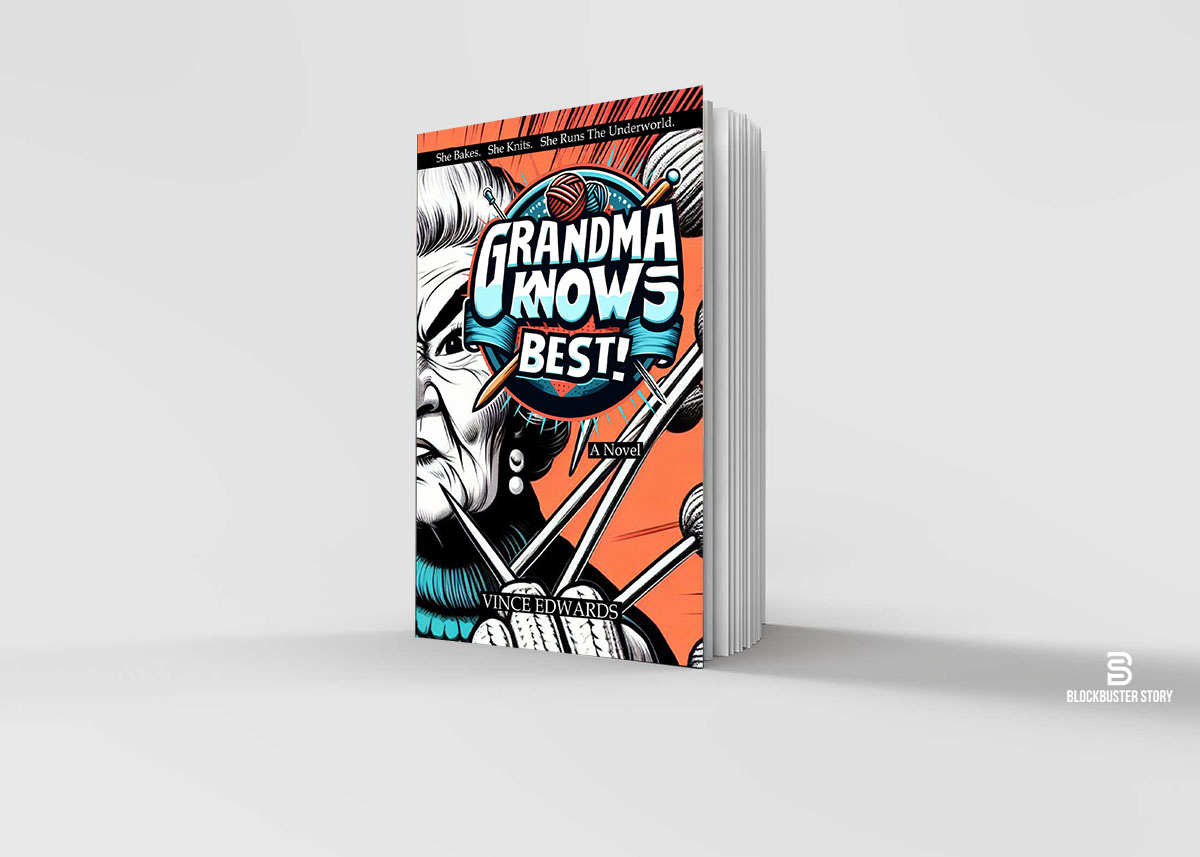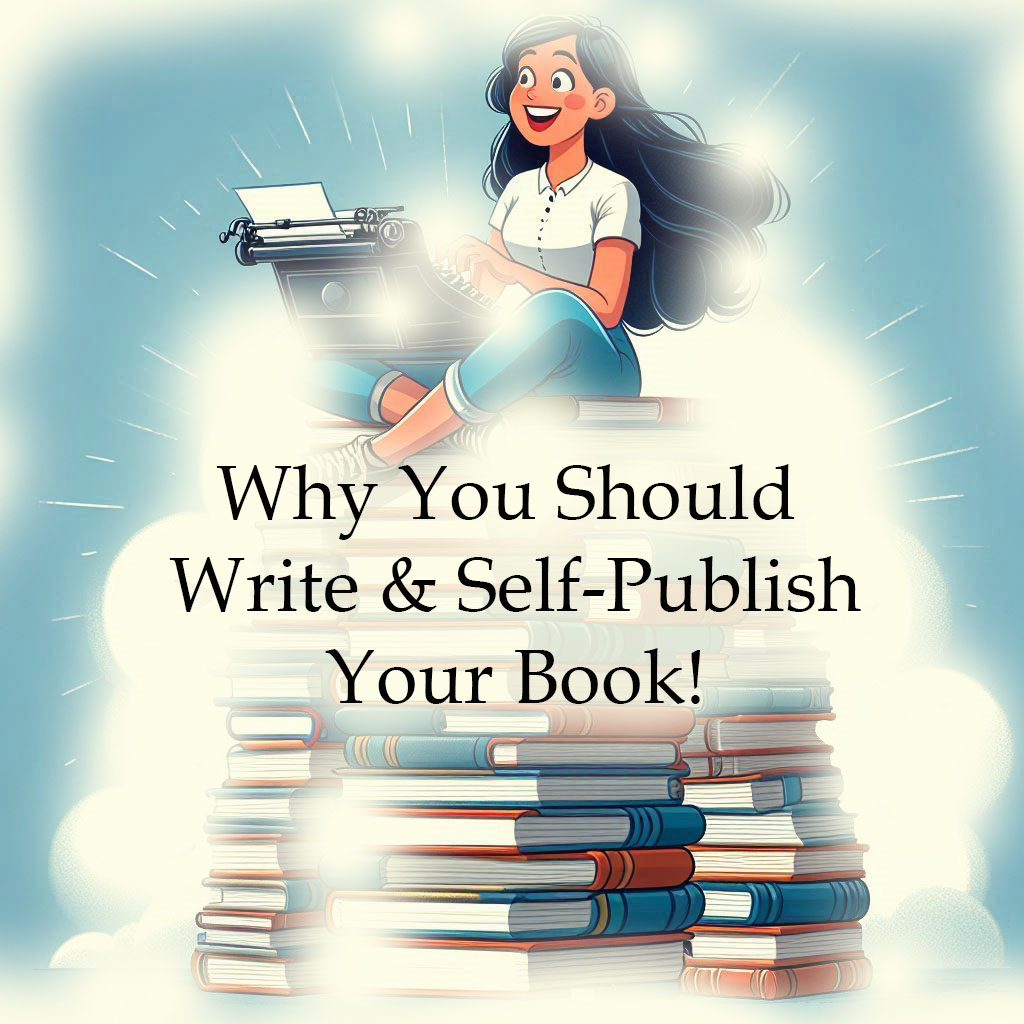Writing a book can be a daunting task, but with the right guidance, it becomes a fulfilling journey.
Many authors have shared their insights and expertise in writing, making it easier for aspiring writers to craft their masterpieces.
Here is a detailed list of the best books that can help you write a book well.
On Writing: A Memoir of the Craft by Stephen King
Stephen King, one of the most prolific authors of our time, offers a blend of memoir and instruction in his book.
- Why It’s Great:
- Personal Insights: King shares his own experiences and struggles as a writer.
- Practical Tips: The book provides concrete advice on grammar, style, and story development.
- Engaging: King’s conversational tone makes it an enjoyable read.
- Key Takeaways:
- Write Every Day: King emphasizes the importance of making writing a daily habit.
- Honesty in Writing: Authenticity is crucial for connecting with readers.
- The Toolbox: Equip yourself with the necessary tools of writing, including vocabulary and grammar.
Bird by Bird: Some Instructions on Writing and Life by Anne Lamott
Anne Lamott’s “Bird by Bird” is a classic in the writing community, known for its wit and wisdom.
- Why It’s Great:
- Humorous and Relatable: Lamott’s humor makes the advice relatable and memorable.
- Life Lessons: The book is not just about writing but also about life and personal growth.
- Step-by-Step Guidance: Lamott breaks down the writing process into manageable steps.
- Key Takeaways:
- Small Steps: Focus on small, manageable tasks instead of the entire project.
- Shitty First Drafts: Accept that the first draft will not be perfect.
- Perfectionism: Let go of the need to be perfect to allow creativity to flow.
The Elements of Style by William Strunk Jr. and E.B. White
This timeless guide is essential for mastering the basics of writing.
- Why It’s Great:
- Concise and Clear: The book is brief but packed with valuable information.
- Foundational Rules: It covers essential grammar and style rules.
- Widely Respected: Used by writers for generations, it remains a staple in writing education.
- Key Takeaways:
- Brevity and Clarity: Strive for concise and clear writing.
- Active Voice: Use the active voice to make writing more engaging.
- Omit Needless Words: Cut unnecessary words to strengthen your writing.
Writing Down the Bones: Freeing the Writer Within by Natalie Goldberg
Natalie Goldberg combines writing advice with Zen principles in this inspiring book.
- Why It’s Great:
- Creative Exercises: The book is filled with writing exercises to spark creativity.
- Mindfulness Approach: Incorporates mindfulness to enhance the writing process.
- Encouraging Tone: Goldberg’s encouraging tone helps build confidence in writers.
- Key Takeaways:
- Practice Writing: Writing is a practice that improves with time and dedication.
- Freewriting: Use freewriting to unleash creativity and overcome writer’s block.
- Voice: Find and develop your unique writing voice.
The War of Art: Break Through the Blocks and Win Your Inner Creative Battles by Steven Pressfield
Steven Pressfield’s “The War of Art” addresses the psychological challenges of writing.
- Why It’s Great:
- Motivational: It provides motivation to overcome creative resistance.
- Insightful: Pressfield offers deep insights into the nature of creativity.
- Practical Advice: The book is filled with practical tips to stay productive.
- Key Takeaways:
- Resistance: Recognize and combat resistance to creative work.
- Professionalism: Treat writing as a profession, not just a hobby.
- Persistence: Persist through challenges and setbacks.
The Artist’s Way: A Spiritual Path to Higher Creativity by Julia Cameron
Julia Cameron’s “The Artist’s Way” is a comprehensive guide to unlocking creativity.
- Why It’s Great:
- Holistic Approach: Combines writing with spiritual growth.
- Structured Program: Offers a 12-week program to enhance creativity.
- Proven Methods: Widely used by writers and artists for decades.
- Key Takeaways:
- Morning Pages: Write three pages of stream-of-consciousness every morning.
- Artist Dates: Take yourself on weekly creative outings.
- Creativity as Spiritual Practice: View creativity as a path to personal growth.
Save the Cat! Writes a Novel: The Last Book On Novel Writing You’ll Ever Need by Jessica Brody
Jessica Brody adapts Blake Snyder’s screenwriting principles for novel writing.
- Why It’s Great:
- Structure: Provides a clear structure for plotting a novel.
- Engaging: Uses relatable examples from popular books.
- Step-by-Step: Breaks down the process of writing a novel into actionable steps.
- Key Takeaways:
- Beat Sheet: Use the beat sheet to plot your novel.
- Character Arc: Develop compelling character arcs.
- Genre Conventions: Understand and utilize genre conventions.
Story: Substance, Structure, Style and the Principles of Screenwriting by Robert McKee
Although focused on screenwriting, Robert McKee’s “Story” is invaluable for novelists.
- Why It’s Great:
- In-Depth Analysis: Provides a thorough analysis of storytelling.
- Universal Principles: Applies to all forms of narrative writing.
- Highly Respected: Considered a masterclass in storytelling.
- Key Takeaways:
- Structure: Understand the importance of story structure.
- Conflict: Use conflict to drive your story.
- Subtext: Master the art of subtext in dialogue and narrative.
Reading books about writing can transform your approach to crafting a novel.
Each of these books offers unique insights and practical advice that can help you navigate the challenges of writing.
From Stephen King’s practical tips to Anne Lamott’s humorous guidance, these books are essential resources for any aspiring writer.
Equip yourself with the wisdom of these experts and embark on your writing journey with confidence.
Need Help With Branding? Book Cover or Literary Packaging?
Looking to bring your ideas to life with captivating storytelling and imaginative flair?
Whether you need compelling copywriting, engaging written, visual or video content creation, or literary packaging that stands out, I’m here to help.
Let’s collaborate to turn your vision into reality. Reach out today to discuss your project and let’s embark on a journey of creativity together!


